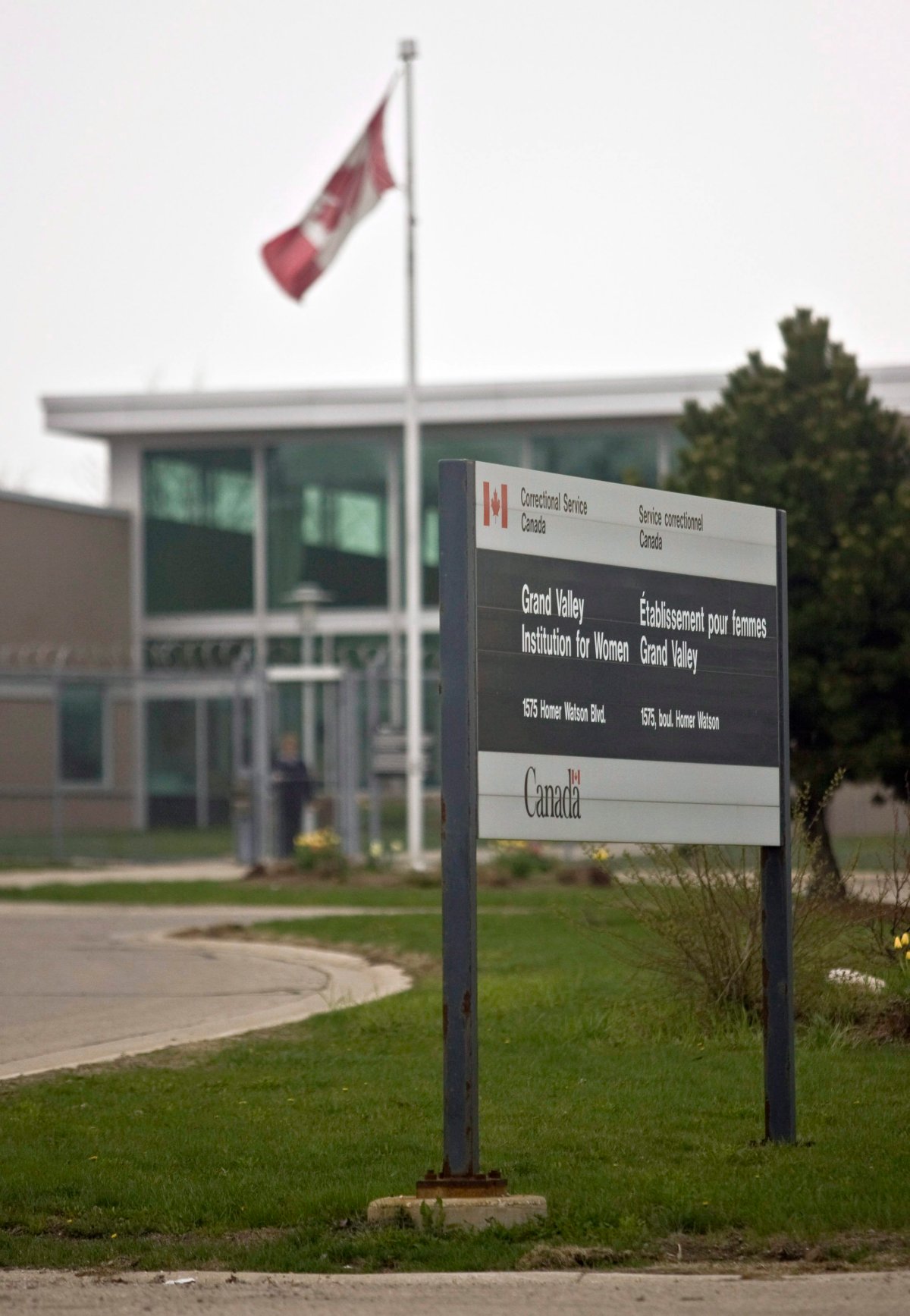OTTAWA – Canada is expanding its prisons for women and the plan appears to include more space for mothers – and their children.

The Correctional Service of Canada is adding a total of 114 beds to four minimum security women’s institutions in Nova Scotia, Ontario, Alberta and British Columbia.
The new units – most of which are being occupied this month – have been built outside the prison barbed wire and are designed to accommodate the “mother-child program.”
The rarely-used program allows children under six to stay with their inmate mothers inside the prison.
“Each of the new minimum security units for women were designed with the capacity to facilitate the mother-child program,” CSC spokeswoman Chantal Guérette wrote in an email.
“There are several adjoining rooms to accommodate mothers with their infants or young children.”
Prison ombudsman Howard Sapers hopes the expansion means more women participate in the program, which operates on a part-time and full-time basis.
“If the program gets used at all, it will be used more,” Sapers, the system’s correctional investigator, said in an interview.
Sapers said in the past few years, space for family visits has been used to house inmates instead.
“That’s how overcrowded the women’s institutions were,” he said. “Increasing the minimum security capacity of the institutions will free up some space.”
There are some 611 female inmates in Canada, and it is estimated more than two-thirds are mothers.

Get breaking National news
So far this year, there have only been two part-time participants in the program, Sapers said. Last year, there was one part-time participant and no full-time participants.
The program allows mothers who give birth in prison to keep their babies until they are four years old. Those who visit on a part-time basis on weekends or holidays can stay in the prison until they are six.
The move comes on the heels of a recent court case in British Columbia that found it unconstitutional to take babies away from incarcerated mothers.
‘A Charter right’
In December, a B.C. Supreme Court judge ruled that the provincial government violated inmates’ rights when it cancelled a mother-baby program about eight years ago at the Alouette Correctional Centre for Women in Maple Ridge, B.C.
The government did not appeal the decision and has six months to respond to the ruling.
“This is a judge saying that it’s actually a Charter right,” said Sarah Rauch, director of the Indigenous Community Legal Clinic at the University of British Columbia.
Rauch, who represented former inmates at the trial, said the decision could have an impact federally, where correctional authorities have been working to update the government’s own directive since 2008.
CSC spokeswoman Guérette said the directive is in its final stages of review. But she added the government does not “foresee any impacts” from the B.C. court decision.
Advocates argue such programs keep babies out of the child welfare system and help preserve the mother-child bond that is important for healthy development. But victims have argued it’s an unfair privilege, and the union representing prison guards says it’s dangerous.
The government also has its doubts.
In 2008, then public safety minister Stockwell Day tightened the rules of the federal program when convicted murderer Lisa Whitford was allowed to keep her baby in jail. However, her lawyers argued she was focused on raising her daughter and it gave her a new chance at life.
Day lowered the age of participating children from 12 to 6, excluded offenders who commit violent crimes, and said an offender’s participation would be re-evaluated if she refused to allow her child to be searched for drugs.
Women must also be supported by provincial child services in order to participate.
But the CSC directive was never formally updated to reflect the changes, leaving the program in policy limbo until the government puts out its updated document.
Kim Pate, executive director of the advocacy group Elizabeth Fry Society, said she doubts the expansion will mean more mothers get to keep their children.
“The combination of the overcrowding issue and how stringent they have made the requirements for the program make it difficult to imagine that the mother child program will increase,” she said.
“I would love to be optimistic, but at this stage I don’t see any indication that would lead me to believe I should be optimistic.”
The plans for expansion are as follows: 14 beds and two adjoining rooms at Nova Institution for Women in Truro, N.S.; 40 beds and five adjoining rooms at Grand Valley Institution for Women in Kitchener, Ont.; 40 beds and five adjoining rooms at Edmonton Institution for Women; 20 beds and three adjoining rooms at Fraser Valley Institution for Women in Abbotsford, B.C.
Nova, Grand Valley and Edmonton are set to be occupied this month, while Fraser Valley is supposed to receive inmates in May.







Comments